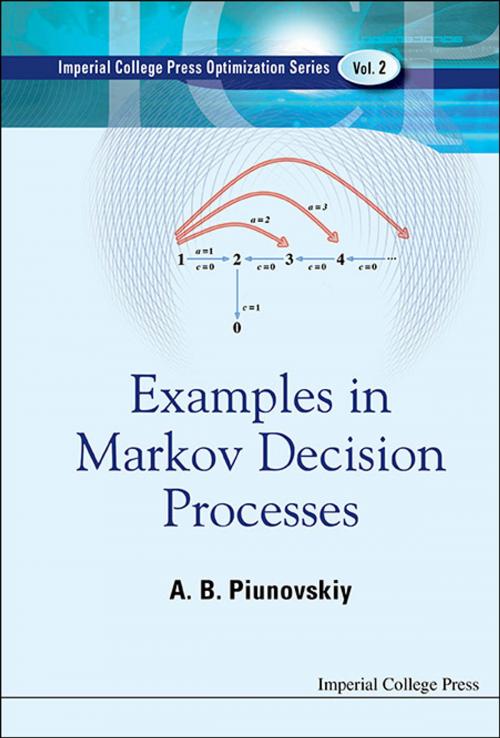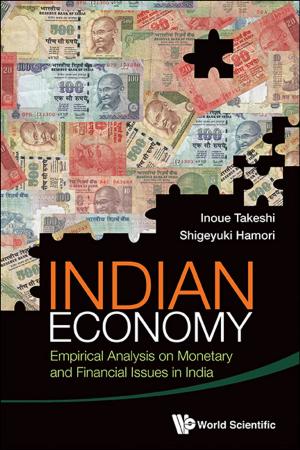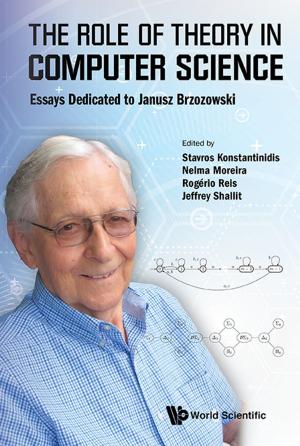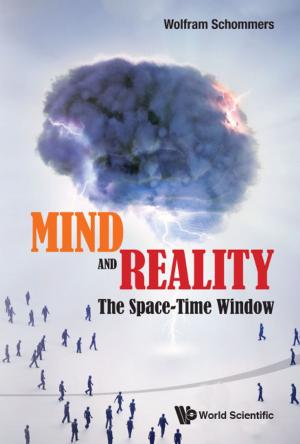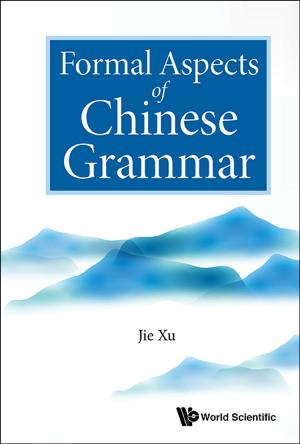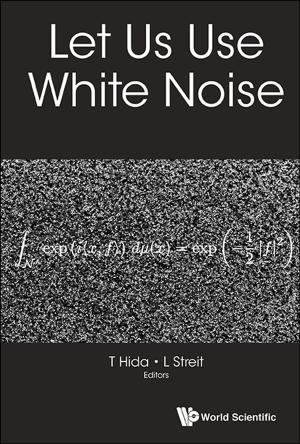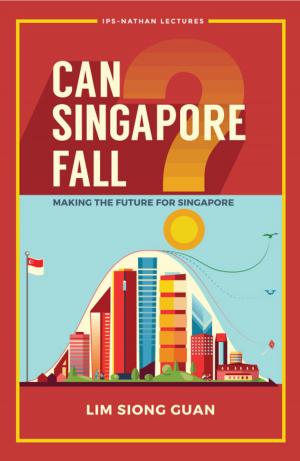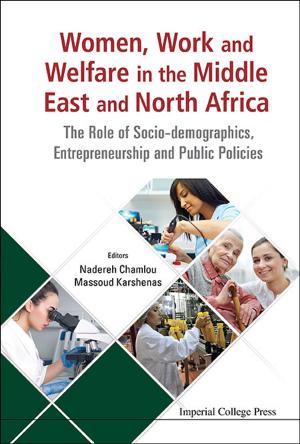| Author: | A B Piunovskiy | ISBN: | 9781908979667 |
| Publisher: | World Scientific Publishing Company | Publication: | September 21, 2012 |
| Imprint: | ICP | Language: | English |
| Author: | A B Piunovskiy |
| ISBN: | 9781908979667 |
| Publisher: | World Scientific Publishing Company |
| Publication: | September 21, 2012 |
| Imprint: | ICP |
| Language: | English |
This invaluable book provides approximately eighty examples illustrating the theory of controlled discrete-time Markov processes. Except for applications of the theory to real-life problems like stock exchange, queues, gambling, optimal search etc, the main attention is paid to counter-intuitive, unexpected properties of optimization problems. Such examples illustrate the importance of conditions imposed in the theorems on Markov Decision Processes. Many of the examples are based upon examples published earlier in journal articles or textbooks while several other examples are new. The aim was to collect them together in one reference book which should be considered as a complement to existing monographs on Markov decision processes.
The book is self-contained and unified in presentation.
The main theoretical statements and constructions are provided, and particular examples can be read independently of others. Examples in Markov Decision Processes is an essential source of reference for mathematicians and all those who apply the optimal control theory to practical purposes. When studying or using mathematical methods, the researcher must understand what can happen if some of the conditions imposed in rigorous theorems are not satisfied. Many examples confirming the importance of such conditions were published in different journal articles which are often difficult to find. This book brings together examples based upon such sources, along with several new ones. In addition, it indicates the areas where Markov decision processes can be used. Active researchers can refer to this book on applicability of mathematical methods and theorems. It is also suitable reading for graduate and research students where they will better understand the theory.
Contents:
- Finite-Horizon Models
- Homogeneous Infinite-Horizon Models: Expected Total Loss
- Homogeneous Infinite-Horizon Models: Discounted Loss
- Homogeneous Infinite-Horizon Models: Average Loss and Other Criteria
Readership: Advanced undergraduates, graduates and research students in applied mathematics; experts in Markov decision processes.
Key Features:
- This book is the first attempt to bring together the most interesting examples in Markov decision processes
- A standard reference for professional mathematicians
- Complementary to standard student textbooks (M Puterman's Markov Decision Processes (Wiley, 1994), O Hernandez-Lerma and J B Lasserre's Discrete-Time Markov Control Processes (Springer, 1996) and others)
- Relevant to active researchers from other areas who will understand how to apply the optimal control theory in their field
This invaluable book provides approximately eighty examples illustrating the theory of controlled discrete-time Markov processes. Except for applications of the theory to real-life problems like stock exchange, queues, gambling, optimal search etc, the main attention is paid to counter-intuitive, unexpected properties of optimization problems. Such examples illustrate the importance of conditions imposed in the theorems on Markov Decision Processes. Many of the examples are based upon examples published earlier in journal articles or textbooks while several other examples are new. The aim was to collect them together in one reference book which should be considered as a complement to existing monographs on Markov decision processes.
The book is self-contained and unified in presentation.
The main theoretical statements and constructions are provided, and particular examples can be read independently of others. Examples in Markov Decision Processes is an essential source of reference for mathematicians and all those who apply the optimal control theory to practical purposes. When studying or using mathematical methods, the researcher must understand what can happen if some of the conditions imposed in rigorous theorems are not satisfied. Many examples confirming the importance of such conditions were published in different journal articles which are often difficult to find. This book brings together examples based upon such sources, along with several new ones. In addition, it indicates the areas where Markov decision processes can be used. Active researchers can refer to this book on applicability of mathematical methods and theorems. It is also suitable reading for graduate and research students where they will better understand the theory.
Contents:
- Finite-Horizon Models
- Homogeneous Infinite-Horizon Models: Expected Total Loss
- Homogeneous Infinite-Horizon Models: Discounted Loss
- Homogeneous Infinite-Horizon Models: Average Loss and Other Criteria
Readership: Advanced undergraduates, graduates and research students in applied mathematics; experts in Markov decision processes.
Key Features:
- This book is the first attempt to bring together the most interesting examples in Markov decision processes
- A standard reference for professional mathematicians
- Complementary to standard student textbooks (M Puterman's Markov Decision Processes (Wiley, 1994), O Hernandez-Lerma and J B Lasserre's Discrete-Time Markov Control Processes (Springer, 1996) and others)
- Relevant to active researchers from other areas who will understand how to apply the optimal control theory in their field
